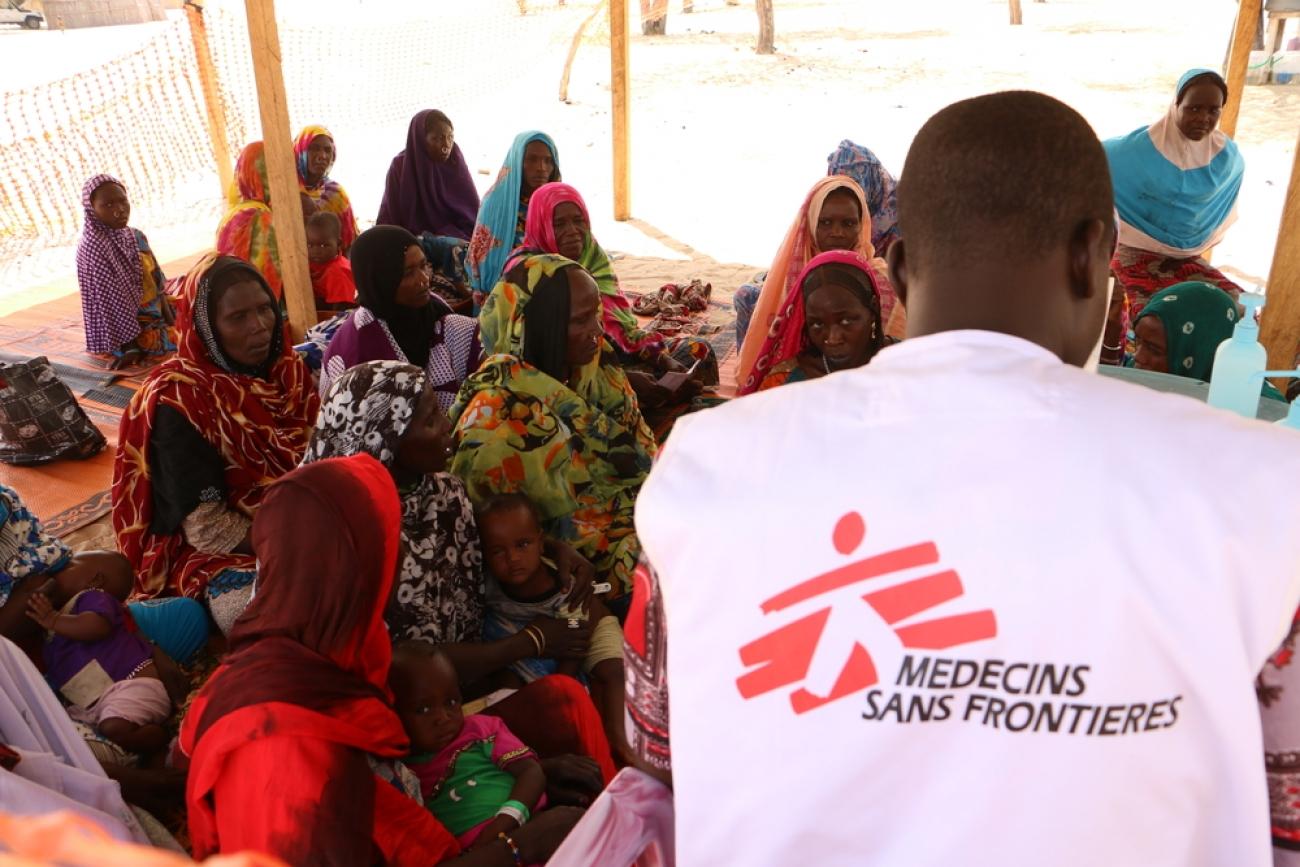
Profile
Diploma
- Certified social worker
- International Law, Asylum Law
- Political Science, Humanitarian Affairs
Experience
- At least 2 years in an NGO or association in the field of protection (e.g. child protection, anti-trafficking, sexual violence, etc.)
- Experience in direct support to highly vulnerable groups and case management (e.g. isolated minors, victims of violence, children at risk, etc.)
- Experience in conducting protection needs assessments and analyses and knowledge of inclusive safety and ethical principles for data collection.
- Experience in working with protection actors and coordination forum)
Availability
- 6 to 12 months requested
Language
- Fluent in French (B2) and English (C1)
- Other languages appreciated (spanish, arabic, hausa, etc.)
Skills
- Ability to work under stressful conditions and to keep calm in difficult circumstances.
- Positive attitude and sensitivity in dealing with beneficiaries.
- Ability to conduct interviews with sensitive and difficult scenarios.
Apply for a job
The Protection Officer is responsible for providing assistance to people who are victims of violence or at risk of violence, within the framework of MSF's medical activities. Depending on the context, this includes: monitoring the context and situations of violence, identifying the critical needs of the population, case monitoring, networking with non-medical services.
He/she works closely with the Project Coordinator, the Medical Referent and the Advocacy Officer.
Exemples of contexts : Libya, France, Peru, other conflicts contexts
Activities :
Conduct regular monitoring of the protection situation of populations (living conditions, access to food/water and basic services, abuses and other human rights violations), identify situations or changes in the context that need to be addressed.
Monitor and document protection-related incidents: abuse (physical, sexual), human rights violations (lack of food, theft, missing persons, etc.).
Provide vulnerable populations with comprehensive information to help them make informed decisions, e.g. asylum procedures, availability and eligibility criteria for support services, risks related to their situation, etc.
Identify existing support services (location, access criteria, quality, etc.) to facilitate referrals to external non-medical services for our beneficiaries.
Undertake individual protection case management based on a multidisciplinary approach. This includes Identifying cases in need of protection; assessing needs and identifying referral actors; overseeing the case management process and reviewing caseloads on a weekly basis; ensuring that the case management process is documented.
Participate in interdisciplinary project meetings and contribute to weekly staff and protection meetings.
Ensure incorporation of protection principles and promote access, safety and dignity in other MSF activities.
Facilitate capacity building on protection for medical and non-medical teams.
Ensure MSF's representation with other aid (non-medical) actors and in particular protection actors.